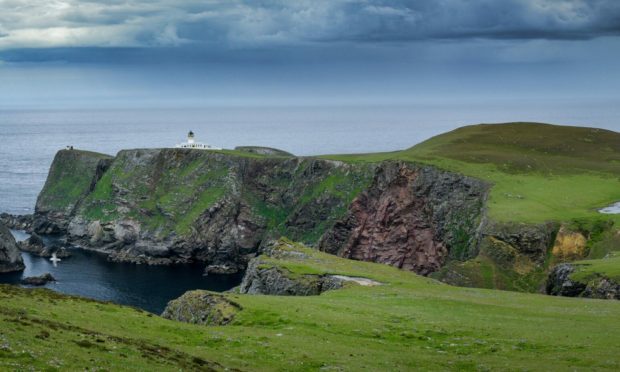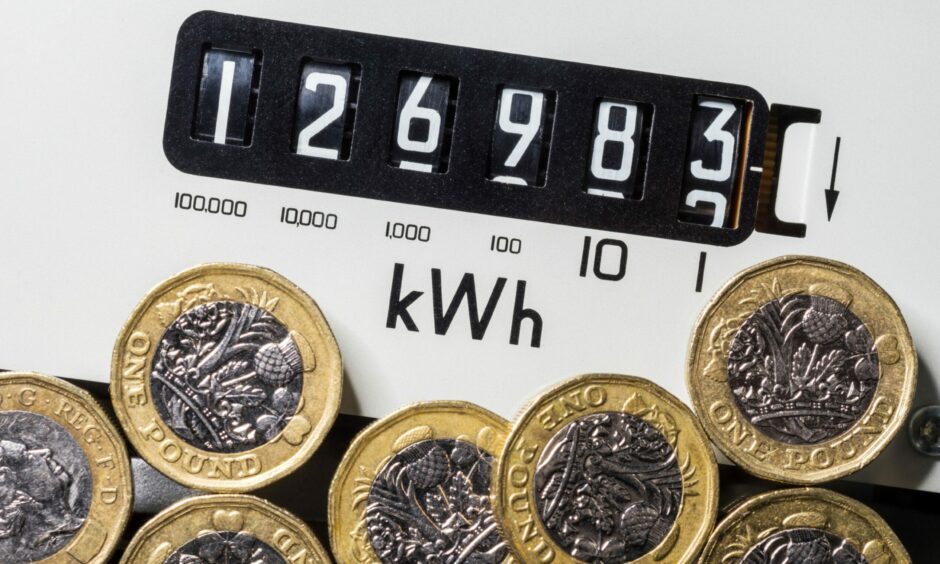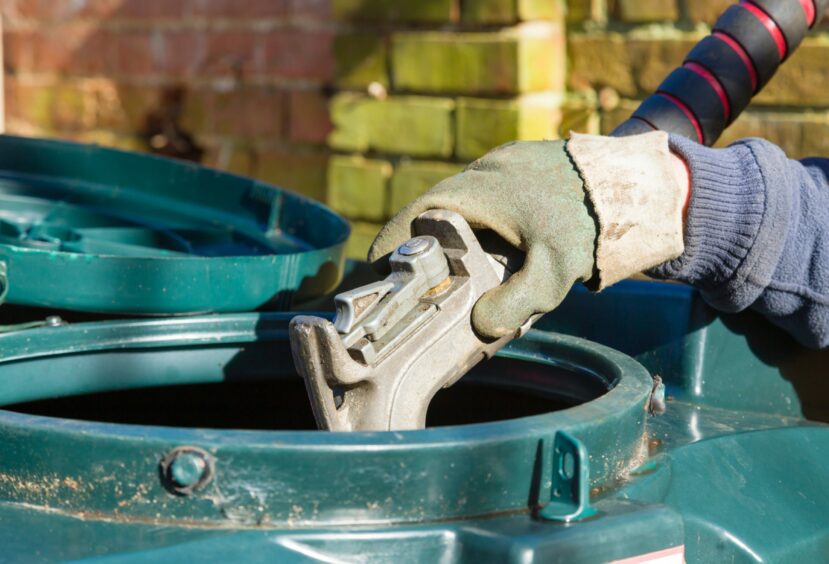Some Shetlanders fear they will “not survive the winter” as the energy crisis grips the islands.
Many households have no access to mains gas and rely on electricity and oil to power and heat their homes.
It means energy costs on the island are more expensive than on the mainland.
Islander Mandy Johnson has decided to sleep in her living room to help keep warm.
She told STV’s Scotland Tonight: “My bedroom is really cold. I’ve got (chronic-pain condition) fibromyalgia, so keeping warm is essential for me.
“If the house is not heated, I spend my time in more pain than I am normally. I’m quite concerned that a lot of people like me are not maybe going to survive it (the winter).
“That’s not me being dramatic – that’s me being honest.”
Shetland paying the highest UK bills
Earlier this summer, it was found Shetland was paying the highest average energy bills across the 408 local authorities in the UK.
That means they are spending more than 10% of their annual income on energy costs.
The average energy bill for island households is predicted to rise to £10,300 per year by April.
In comparison, the estimated average cost for the mainland is expected to rise to £5,136 per year.
Community offers ‘warm welcome’
In the south of the islands, one community is coming together to help each other during the crisis.
Carnegie Hall in Sandwick will be open every Friday to offer what volunteers from the local church are saying is a “warm welcome”.
They are allowing people to come in and take advantage of the heated space with free tea, coffee, papers and WiFi.
Michele Simms, from the Church of Scotland, said: “I’m going to be using these spaces, I’m going to be bringing in my laptop, doing my admin, doing my work – I’m concerned about my prices rising too.
“This is only going to be a service that happens if local people help, so as long as there are people willing to do that, it could go on forever.”
Shetlanders rely on heating oil
Many Shetlanders continue to rely on heating oil, which is more expensive than mains gas to heat their homes.
The price of heating oil has increased so much that it is now often becoming a valuable target for thieves.
Earlier this week, around 600 litres were stolen from a tank outside a home in Drummuir, near Keith in Moray.
It follows a series of thefts across rural areas in the north-east over the past few months. Police are now issuing advice on how households can protect their oil.
Housing makes heating less effective
The expensive heating bills are made worse as housing on the island is also often ageing and ill-equipped.
Stewart Douglas, a housing expert from Shetland, said: “We need to look at the housing, how can they be airtight, better at keeping heating in.
“However, for each house, I would suggest we are having to spend the value of the house again to try and achieve that. The older housing stock is simply not energy efficient.”



Conversation